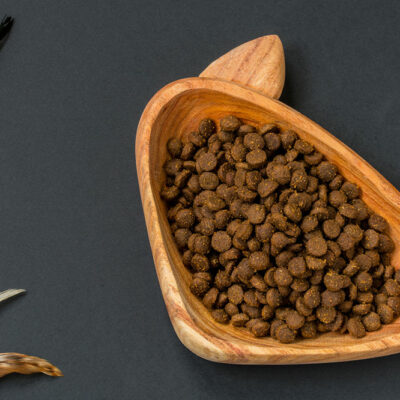
Nasal Polyps – Causes, Symptoms and Treatment
Tired with a cold and congestion? Medications and home remedies didn’t help? The most possible culprit is nasal polyps. They’re non-cancerous swellings that develop in the lining of your nose and can grow in one or both nasal passages. Shaped like a teardrop at inception, they eventually grow to the size of a grape and result in very discomforting symptoms. Read on to find out more about nasal polyps.
Causes of Nasal Polyps
Nasal polyps may result from chronic inflammation of the nasal mucosa, which is a wet layer inside the nose that humidifies the air we breathe and helps protect sinuses. Due to an infection or even allergy-induced irritation, the nasal mucosa swells and turns red. And if the irritation continues, the mucosa turns into a solid tear-shaped formation. Studies claim that men are more prone to this disease than women, and children under the age of 10 with cystic fibrosis are more likely to develop this illness. While the causes are backed by a weak immune system or the chemical formation in the lining of the nose, below are some risk factors that trigger nasal polyps.
- Recurring sinus infections
- Cystic fibrosis
- Hay fever
- Churg-Strauss syndrome, i.e., inflammation of blood vessels
- Intolerance to non-steroidal anti-inflammatory medications
Nasal Polyps Symptoms
Nasal polyps lack nerve sensation, making them painless growths inside the nasal passages. But it sure obstructs the airflow, making you feel stuffy and resulting in regular infections. The other potential symptoms of nasal polyps that you need to watch out for are as below:
- Runny nose
- Nasal stuffiness and congestion
- Postnasal drip
- Reduced sense of smell
- Pressure on the forehead or face
- Unusual snoring
- Headaches
- Sleep apnea
Treatment for Nasal Polyps
These treatments for nasal polyps are quite effective:
- Medications and Steroids
The first step in any treatment for nasal polyps is to reduce the size of the polyp and curb the symptoms of congestion through medication. Antihistamines or antibiotics relieve the symptoms of infections caused by the inflammation. Since these medications only take care of the symptoms, the patients are given corticosteroids, such as prednisone for a week. - Nasal Spray
If you don’t benefit from the medication and the steroid tabs, a nasal corticosteroid spray would be the next option. It shrinks the polyp and also helps with the complete removal of it. - Surgery
Unfortunately, nasal polyps tend to recur if the irritation or infection continues. If you don’t respond to the steroids, tablets, and sprays, nasal polyps surgery becomes your only option. It usually is recommended in cases of large polyps. Polypectomy is the most common procedure followed in this case.


